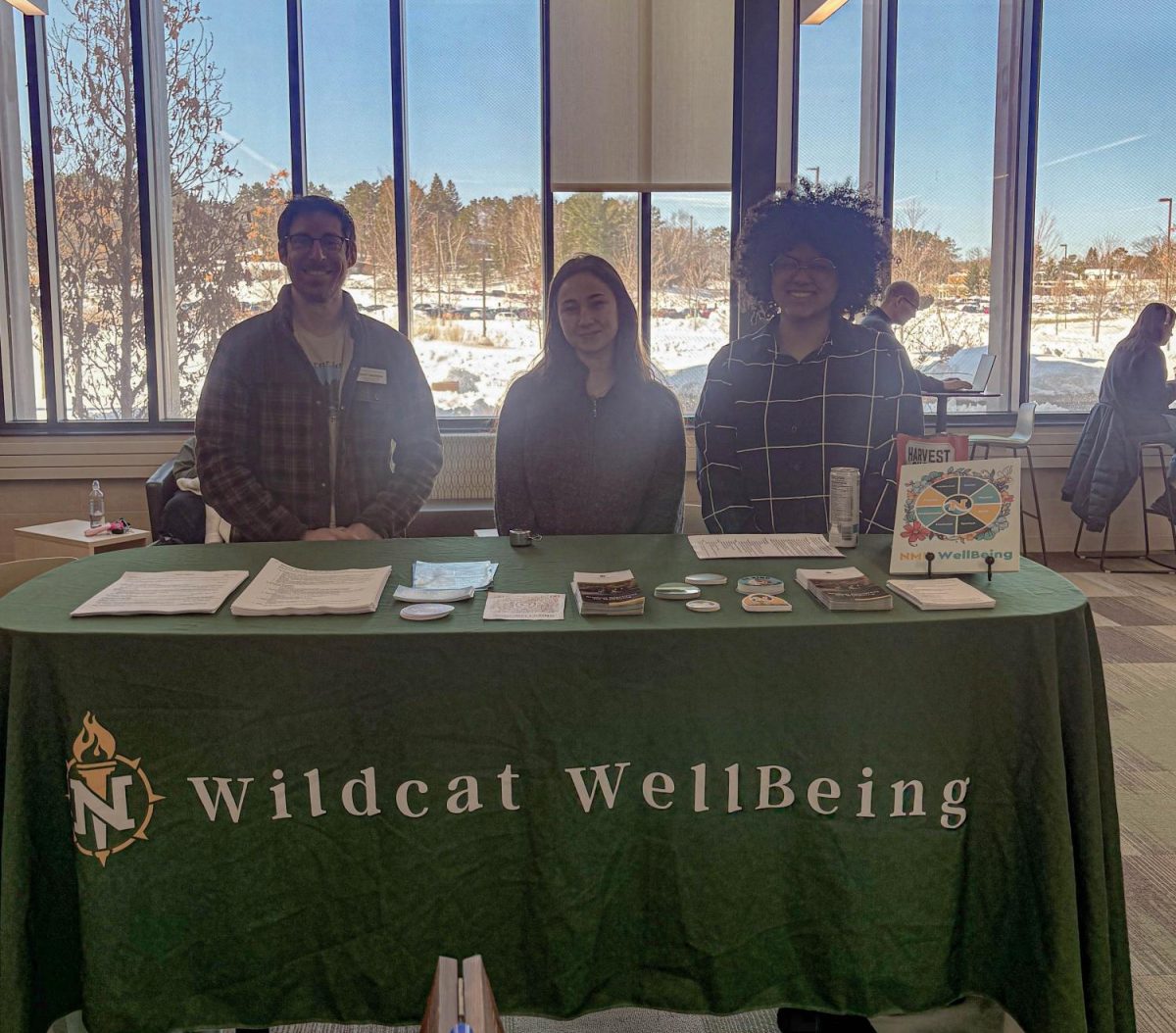The debate about wolf-hunting has fierce proponents on both sides. The Department of Natural Resources substantiates the hunt as a conflict-reducing measure, conservatively designed to diminish livestock and pet depredations and negative interactions between wolves and people.

Groups opposed to the hunt claim it is unjustified, pointing to an alleged lack of ecological evidence and to opposition by Michigan voters, animal rights activists and Michigan tribes.
Wherever you stand on this issue — and it is complicated enough to warrant more than a first glance — the question of whether the hunt is right or wrong is not the biggest issue concerning Michigan voters on the subject of wildlife management.
On Thursday, July 11, 2013, the Michigan Natural Resources Commission (NRC) named the wolf a game species (along with a long list of other animals) and approved a limited public wolf harvest of about 5 percent of the current population of approximately 700 wolves in three distinct regions of the U.P.
But this was the second time such a measure was approved.
The first, authorized by the Michigan legislature in 2012 under Public Act 520, was suspended by an ongoing referendum campaign to put the hunt to a public vote in 2014. Just weeks after the qualifying 250,000 signatures were approved for the referendum, the governor signed Public Act 21 (PA 21/Senate Bill 288) into law. This is where the problem lies.
PA 21/SB 288 gives the NRC new authority to name any animal a game species. This means that Michigan voters would be unable to reverse that decision because it would be an act of a regulatory body and not the legislature. Unless PA 21 is repealed, citizens have no recourse against NRC’s designating any game species at their discretion.
According to the North American Model of Wildlife Management (NAM), there are seven principles to consider in managing wildlife including three extremely pertinent to Michigan’s situation. These are “wildlife is held in the public trust,” “principles of democracy” and “best available science.”
The DNR and the NRC have used science to conclude that the wolf population can sustain a limited hunt, but opponents point out that there is no science to conclude it will be effective at reducing conflict, nor does science inform morality.
John Vucetich and Rolf Peterson, professors of wildlife ecology at Michigan Tech and regarded internationally as experts on wolves, point out that good wildlife management is a “judicious balance between science and democracy” in their testimony submitted to the NRC in May 2013.
They make the case that, while the DNR tends to disparage the referenda because voters are not qualified to make scientific decisions, the wolf hunt is more a value judgment than a scientific one.
For this reason, the wolf hunt, as well as any controversial wildlife management issue, needs to be open to the public forum for discussion and a vote. As NAM’s first principle designates wildlife as part of the public trust, “all citizens, hunters and non-hunters alike, are stakeholders in the management of wildlife,” Vucetich and Peterson’s report states.
As recently as 2006, Michigan voters used their (former) right to overwhelmingly reject a law to legalize hunting of mourning doves. It was one of the most popular ballot measures in Michigan history, with all 83 counties rejecting the law.
This week is Wolf Awareness Week at NMU, giving students the unique opportunity to learn about the issues surrounding wolves so that they can make an informed contribution to the ongoing discussion.
According to a recent poll by Marketing Resource Group and Mitchell Research and Communications, 67 percent of Michigan voters (plus or minus 4 points) said they would support a limited hunt of wolves if they knew that in rural areas of the state, wolves were attacking livestock and pets and were posing a threat to people.
However, there has never been a recorded wolf attack of a human in Michigan and there are already laws and methods in place to take care of problem wolves if they were to present a threat to livestock or pets.
But it seems last-minute laws that compromise citizen rights remain rampant in modern politics. House Resolution 368 was passed by House Republicans on the eve of the latest government shutdown, which changed pre-existing rules so that a majority vote cannot reopen the government.
Similarly, PA 21 represents a weakening of our democratic rights and is in reality a lean toward fascism.
Michigan voters deserve the right to make their own decisions regarding wolves and other potential game species. PA 21 has voided that right and needs to be reversed.


























Jim Borst • Oct 31, 2013 at 4:38 am
Man interfered with nature when he cut down the forests, the result was an overpopulation of deer. Now we want to interfere with the wolf population. If we left the wolves alone they would, in time, reduce the deer population, which would result in the wolf population also declining.
Norm Mackey • Oct 21, 2013 at 6:55 am
When the public learns more about the filthy little secrets of what is actually involved, such as the fact that the majority of the “trophies” harvested are actually several month old wolf puppies still learning to live and that the NRC and DNR have no intention of protecting these as bear cubs and other young wildlife, we’ll really see things roll into gear.
deborah • Oct 20, 2013 at 3:58 am
There are 658 wolves in Michigan. In the Upper Peninsula, there is one farmer who consistently leaves his deceased livestock laying all over his farm. Because of this health hazard, this person has tried to blame his sick livestock deaths on wolves and this is the main reason why we have this wolf hunt for 2013. Rather than keep his livestock healthy, and disposing of dead animals properly and thanks to a government law, livestock killed by wolves are compensated by the government. This person is deliberately creating the problem that he now demands something be done about the wolf problem that he is responsible for in the first place.
By leaving this carrion allover the property, you will attract wildlife predators and scavengers. Anyone who has studied wolves will know that a wolf will eat an already dead animal carcass over hunting one and chasing it down, as it takes more energy for wolves to chase down their “dinner” than eating what is already dead. That is nature.
Rather than having the upcoming wolf hunt, this person whose farm is a potential disease factory should be made to clean up his farm, be fined for creating a health hazard and his lack of proper care for his livestock needs to be addressed and the problems corrected. Otherwise this man will continue to steal monies under false pretenses.
Gary D. Ott • Oct 18, 2013 at 6:48 pm
There is no evidence supporting that reducing wolf populations will reduce conflict with livestock, pets or other human interests. There is however a growing body of evidence to support just the opposite conclusion, The indiscriminate hunting of wolves wolves is likely to increase the conflict between humans and wolves. The disruption of wolf pack social structure makes their normal hunting strategies and learning processes less effective, can leave the remaining pack without sufficient number of experienced hunters to effectively provide for young, or can leave young wolves without experienced adults. This can lead to
increases of predation upon livestock. If humans accept the presence of wolves and work with them, wolves can learn to avoid conflict with humans. If killing them is our first tactic we will only perpetuate conflict